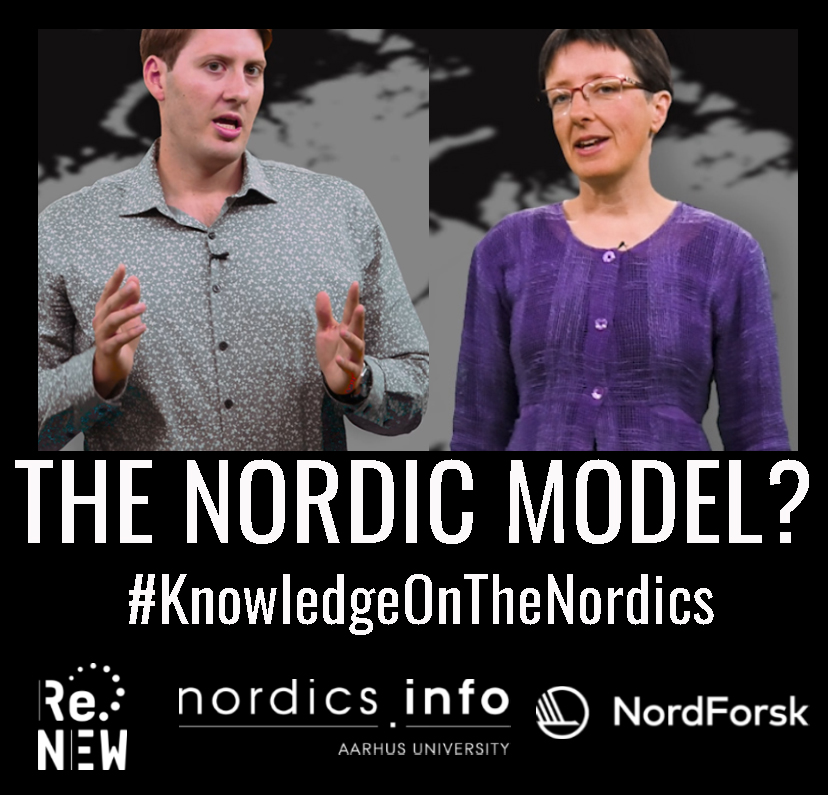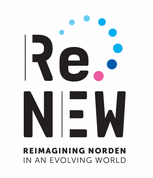The Nordic Model: Your questions answered
The Nordic Model is referred to in a range of different contexts, but what is it? And why is it so often discussed around the world? The publication this week of the short film 'What is the Nordic Model?' by Mary Hilson, Professor and author of the well-known book 'The Nordic Model: Scandinavia since 1945', rounds off a section of material on The Nordic Model on research dissemination website nordics.info

Both in and outside the Nordic countries (Denmark, Finland, Iceland, Norway and Sweden), 'the Nordic Model' is referred to in many different ways.
"For some, the term 'The Nordic Model' conjures up utopian images of the society we would like to be. For others, it's a dystopian warning of how not to do it," explains Professor Mary Hilson in a six-minute film on the Nordic Model.
With its theme page 'The Nordic Model', the research dissemination website nordics.info has brought together key aspects of the Nordic Model in a nuanced way to counter balance the often simplified portrayals of the Nordic countries.
The Nordic Model most often refers to the social and economic policies associated with the region, which combine capitalist economies with generous, comprehensive, tax-financed and universal welfare states. But it can also refer to gender equality and labour market organisation where both employers and employees have a say, as well as many other things. Regional branding has tried - and has generally succeeded - to put a positive spin on the meanings of The Nordic Model, but negative views of it can also be found. Social scientists discuss that there is not just one Nordic Model and its meanings change constantly.
Watch a taster of the films on The Nordic Model:
Listen to a taster of the podcasts 'The Nordic Model: Heaven or Hell?':
Read The Nordic Model theme page, by clicking here
Contributors:
Contributors to the material on nordics.info include:
- the authors of 'Modern Welfare States: Scandinavian Politics and Policy in the Global Age', Eric Einhorn and John Logue;
- Professor at the Institute of Contemporary History at Södertörn University, Sweden, Norbert Götz;
- Finnish historian Pauli Kettunen; and,
- members of the research group 'The Nordic Model(s) in the Global Circulation of Ideas' at Aarhus University, Denmark, including, Carl Marklund, Andreas Mørkved Hellenes, Byron Rom-Jensen and Mary Hilson (grant number 8018-000238).
Experts:
nordics.info is part of the NordForsk-funded University Hub 'Reimagining Norden in an Evolving World' which is a partnership between universities in each of the five Nordic countries. See our press pages for further lists of experts.
Contact:
For additional information about any of the content on this news item or nordics.info generally, please get in touch with Editor Nicola Witcombe: nwitcombe@cas.au.dk.

